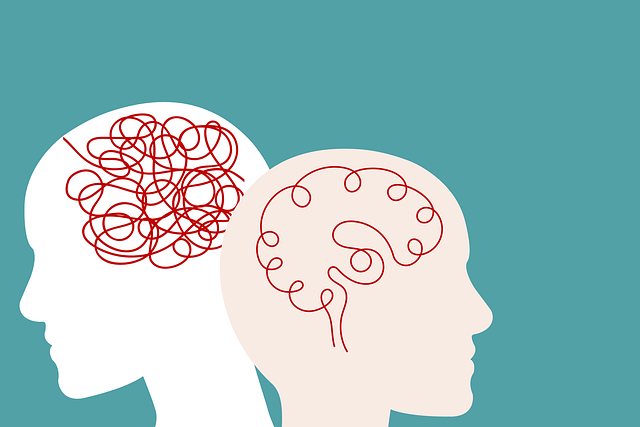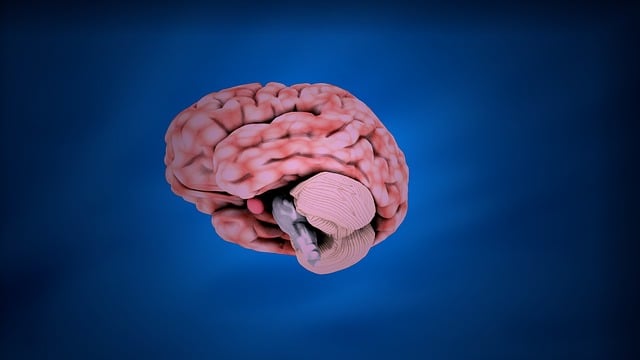Understanding mental health data, especially self-esteem, involves collecting and preparing information through questionnaires, interviews, and observations. Confidential record-keeping ensures data integrity for analysis. Advanced data techniques, like machine learning, analyze large datasets from various sources to uncover trends and patterns. Arvada Self-Esteem Therapy uses these insights to predict anxiety relief outcomes and develop personalized treatment plans, incorporating strategies like mindfulness meditation to address core self-esteem issues holistically.
Mental health data analysis is a powerful tool for understanding and improving well-being. In this article, we explore strategies for interpreting mental health data through advanced techniques that offer deep insights. From collection and preparation to implementing effective therapy like Arvada Self-Esteem Therapy, we delve into best practices for navigating complex datasets. Discover how these methods enhance treatment outcomes and personalize care for better mental health management.
- Understanding Mental Health Data: Collection and Preparation
- Advanced Analysis Techniques for Deep Insights
- Interpreting Results: Strategies for Effective Therapy Implementation with Arvada Self-Esteem Therapy
Understanding Mental Health Data: Collection and Preparation

Understanding Mental Health Data is a multifaceted process, especially when delving into subjective experiences like self-esteem. The journey begins with data collection, where various methods are employed to gather insights from individuals seeking Arvada Self-Esteem Therapy or similar support. This could involve questionnaires, interviews, and behavioral observations designed to capture symptoms, perceptions, and triggers associated with mental health concerns. Accurate record-keeping is paramount; ensuring confidentiality and data integrity is essential for meaningful analysis.
Data preparation is a critical step, requiring the cleaning and organization of collected information. This involves handling missing values, identifying outliers, and categorizing responses to ensure consistency. For instance, Mental Health Education Programs Design and Mental Wellness Coaching Programs Development often rely on structured data to personalize interventions and track progress. By meticulously preparing mental health data, researchers and therapists can gain valuable insights into individual needs, paving the way for effective treatment strategies and improved Mental Health Awareness.
Advanced Analysis Techniques for Deep Insights

In the realm of mental health data analysis, advanced techniques are revolutionizing how we understand and address individual needs. These methods go beyond basic statistics to uncover deep insights into psychological trends and patterns. Through sophisticated algorithms and machine learning models, professionals can now analyze vast datasets collected from various sources like therapy sessions, online platforms, and wearable devices. This allows for a nuanced understanding of mental health issues, including identifying subtle changes in mood, stress levels, and self-esteem over time.
For instance, leveraging data from Arvada Self-Esteem Therapy programs, researchers have developed sophisticated models to predict anxiety relief outcomes based on initial assessments and participant engagement with Positive Thinking strategies. These models not only enhance the precision of mental wellness coaching programs but also enable personalized interventions. By understanding individual progress and challenges, therapists can tailor their approaches, ensuring that each client receives the most effective support for their unique journey towards mental wellness development.
Interpreting Results: Strategies for Effective Therapy Implementation with Arvada Self-Esteem Therapy

Interpretation of results from Arvada Self-Esteem Therapy plays a pivotal role in tailoring effective treatment strategies for clients. This therapeutic approach focuses on enhancing self-esteem, which is a key aspect of mental wellness. By meticulously analyzing the data collected during therapy sessions, practitioners can gain valuable insights into individuals’ emotional journeys and unique challenges. Through this process, they identify specific triggers and patterns contributing to low self-esteem, enabling them to design personalized interventions.
For instance, incorporating mindfulness meditation techniques as part of Arvada Self-Esteem Therapy can be highly beneficial. Mindfulness practices help individuals become more aware of their thoughts and emotions, fostering better stress management skills. This awareness is crucial for challenging negative thought patterns and replacing them with positive affirmations, thereby boosting self-esteem and overall mental health. Effective therapy implementation thus involves a holistic approach that leverages tools like mindfulness meditation to support clients in navigating their emotional landscapes.
Mental health data analysis is a powerful tool that, when combined with advanced techniques and expert interpretation, can significantly enhance therapeutic outcomes. As demonstrated by Arvada Self-Esteem Therapy, leveraging data allows for tailored and effective treatment plans. By understanding and preparing mental health data, applying deep insights through advanced analysis, and strategically interpreting results, healthcare professionals can revolutionize care, ultimately fostering better mental well-being among patients.












